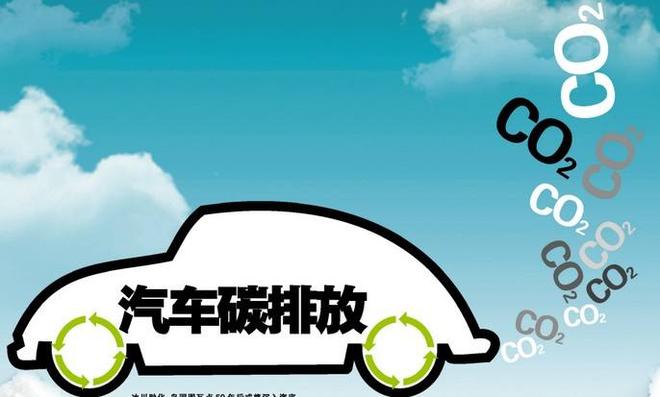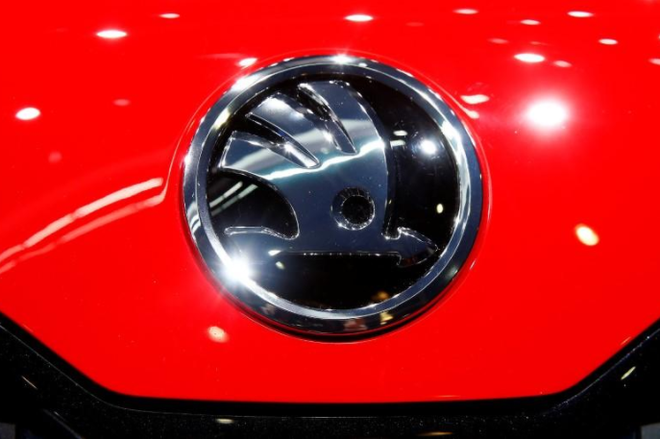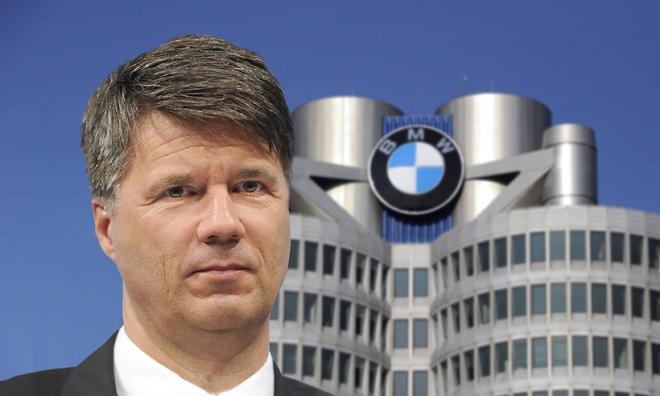
The European Commission, the European Union’s regulatory body, proposes that by 2030, carbon dioxide emissions from vehicle manufacturing will have to be reduced by 30% from 2021. The proposal also stipulates that carbon emissions will need to be reduced by 15% by 2025, so as to ensure that automakers start investing in new energy vehicles as soon as possible.
In order to support automotive manufacturing, the European Commission plans to allocate 800 million euros (about $927.7 million) to support the construction of charging piles for electric vehicles and to invest 200 million euros in the development of batteries.
According to the proposal, if the car company is found to have violated the new regulations, it will face a potential fine of several million euros, and the penalty for every new gram of carbon dioxide and a new car registration is 95 euros.
At present, this proposal has been opposed by the large-scale automobile industry in various countries. Car companies said that this measure is too ambitious.

Bernhard Maier, CEO of Skoda, said that the EU’s carbon emissions proposal will promote Skoda’s upgrade of the existing vehicle model strategy.
"The new proposal means that we must again improve our product strategy." Mebona said, "Skoda may be forced to further expand the supply of energy-saving cars."
Harald Krueger, chief executive of BMW, said that it is difficult to meet the EU’s proposed carbon emission targets.
"The EU's proposal is too radical," Kruger said. "If there are not enough low-emission vehicles, even the current limit of 95 grams of CO2 per kilometer in 2021 cannot be met."

At present, EU commissioners are implementing emission standards that automakers must ensure that their vehicle CO2 emissions do not exceed 130 g/km in 2015, and by 2021, the average level will drop to 95 g/km. The existing carbon emission cap is the overall average of the EU automotive industry, and only individual manufacturers will be fined.
German Foreign Minister Sigmar Gabriel stated to the European Commission that he opposes any tough measures against European vehicle emission targets by 2025 and that stricter regulations will be at the expense of employment and economic growth.
The German Automobile Industry Federation (VDA) stated that they believe that the EU’s proposed goal is difficult to achieve and will make European automakers disadvantaged in the global market.
"From today's point of view, whether the proposed CO2 reduction target is achieved is questionable. This will depend to a large extent on the speed with which consumers will accept new energy vehicles and the speed of public infrastructure construction in the coming years. The German Automobile Industry Federation said in a statement.
Although the proposal was pressured by car companies, the social anger caused by Volvo’s cheating in exhaust emission tests in the United States has exerted tremendous pressure on EU regulators. Some European governments and cities have announced that they will ban the use of fuel vehicles for the next 20 years.
Machinery Brackets ,Metal Brackets ,Metal Shelf Brackets,Steel Brackets
Ningbo Metal Sharing Supply Chain Management Co., Ltd , https://www.zenlesmart.com